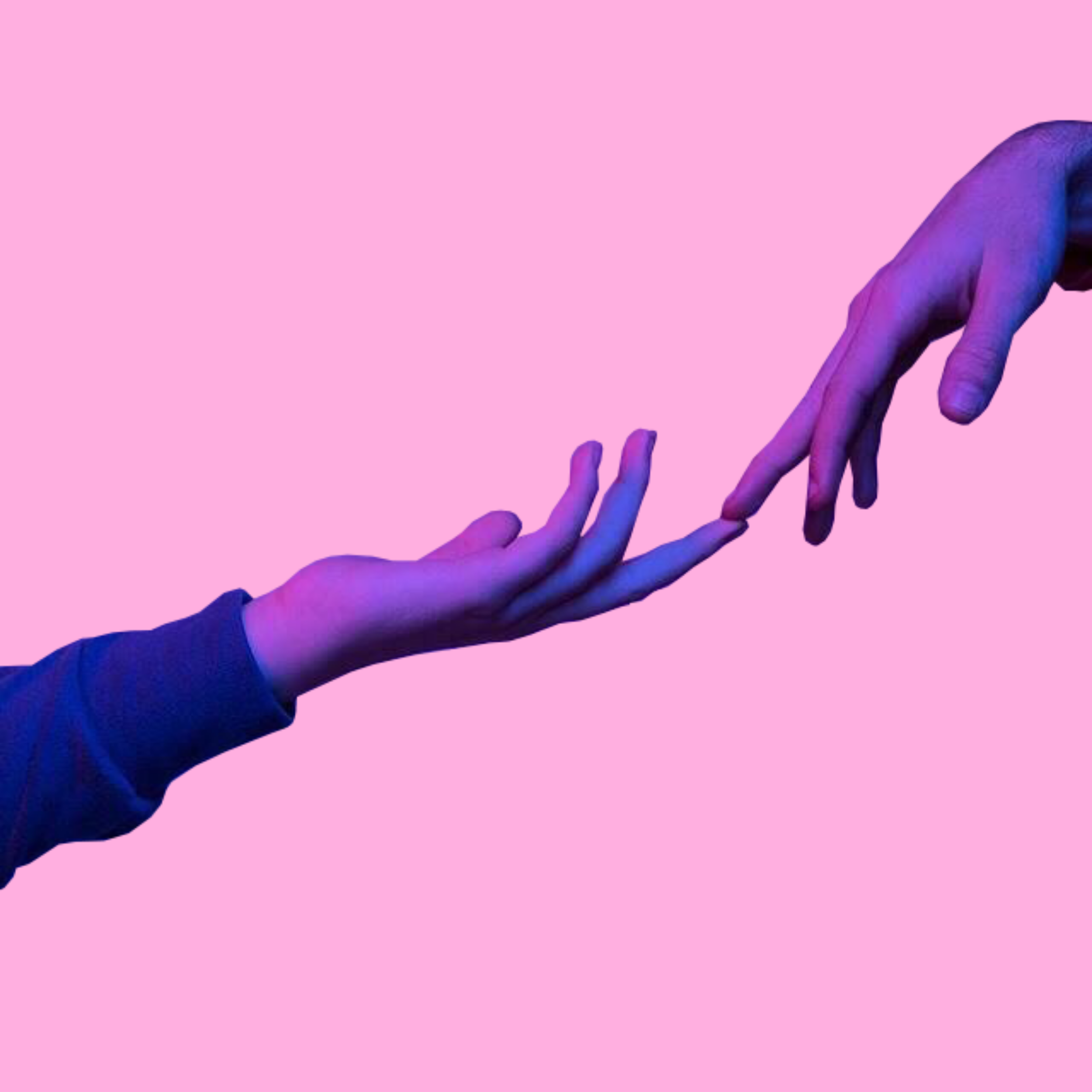Why Are All My Friends Settling Down During Quarantine?
Illustration by Maryam ElSharkawy
Since March, I’ve been noticing a trend. While the pandemic has definitely tested the strength of existing relationships, it seemed to cement the strength of flings. I feel like I’m seeing a different coy Instagram story subtly announcing another relationship every day.
At least, that’s how it is in my personal circle. The Atlantic reported quite the opposite in May -- just about when I started to recognize this phenomenon happening. Writer Ashley Fetters gave a few anecdotes of people in their mid-20s who found “themselves thrown into what felt like an involuntary long-distance relationship -- and then watching their promising new fling sputter and slow down, in many cases to a complete halt.”
Around the same time, my friends stuck abroad in France were starting to move into their new significant others’ apartments. In California, my friend would FaceTime the guy she was dating -- who wasn’t technically her boyfriend -- every day. Her friend had just became exclusive with this boy who would drive two hours to spend the night. And because all our quarantine circles at the time were largely made up of our families, that means everyone was officially meeting the parents.
I only saw this trend grow as the lockdown started relaxing. Specifically with the LGBTQ+ community. I don’t think my Bumble has ever been as active as it was over the summer (Zoom dates only!), and as September rolled around, I watched three separate girls officially make their sapphic relationships public in the same week.
I’m in no way implying that my friends represent the majority of college students. The schools we go to, our hometowns, and our political beliefs could definitely be silent variables in this phenomenon.
However, if you have wondered, “What is up with all of us settling down?” at some point in the past few months, then I’m glad you asked. I have a few theories.
1. The Hookup Culture Shift
The Atlantic article centered people in their 20s (the youngest age being 23), but it didn’t really seem to center people in college. My 21- and 22-year old friends might have been looking for a relationship before the pandemic, but if they didn’t find one, fine. Hooking up and dating around was just as good. You learn to expect that in college.
Now, one-night stands aren’t really an option anymore. Sure, they’re technically feasible, but if you’re a decent human being, that means you and your hookup buddy are getting tested for COVID19 before and after the hookup, you’re informing everyone in your quarantine circle, and you’re keeping an eye on symptoms for two weeks afterwards.
That’s a lot of effort for a single night. If you’re already putting in the labor, why not just… add them to your quarantine circle? Officially or unofficially continue the relationship? Might as well, right? I’m sure this is at least partially why college kids are shifting from hookup culture into “exclusivity” for the time being.
2. Physical Affection
Along the same lines, we simply are not getting as much physical affection as we used to. We can’t hug or casually lean on friends; we can’t put an arm around our younger siblings or cousins. People have to get by with affection solely from those in their quarantine circle. And if you’re only quarantined with a few other people, and all of those people aren’t comfortable with giving you physical intimacy, then you’re probably going to feel a little touch-starved.
I think it’s safe to say that in the United States, many people feel more comfortable asking for physical intimacy from their long-term romantic or sexual partners than from their friends. In many instances (although not all), physical intimacy can reach different levels with a sexual or romantic partner that is simply not available with a platonic friend.
Basically, after making out with someone, it can feel less daunting to initiate a long embrace. In contrast, asking your completely platonic friend to hug you for five minutes might come as a surprise to them. Obviously there are exceptions, but in general, it seems to be more socially acceptable to ask for continuous physical affection in romantic or sexual settings than platonic settings.
So if someone’s really touch-starved, and they’re already hooking up with someone, then getting into a relationship might not be a bad idea. I’m definitely not suggesting that my friends or I are using our romantic relationships to solely fulfill our tactile desires, but I am saying that for many people, it’s another incentive to stick around.
3. The Outlier Effect
Then again, maybe these ten or so newly-formed couples aren’t the rule; they’re the exceptions. And because everyone else is so silent, they seem to stand out. For every newly formed relationship, I can probably count about ten other friends who haven’t matched up. It’s very possible that the frequency of these relationships forming are less than or equal to the frequency of relationships forming pre-pandemic.
Unfortunately, we don’t have enough dating data right now to determine those exact percentages (and marriage data isn’t really accurate or relevant to this discussion). But just know that if you’re feeling particularly lonely scrolling through constant new couple announcements, they could very well be outliers. (Very, very, very loud outliers.)
In conclusion, I have no idea. I’ve seen this phenomenon with my straight friends and LGBTQ+ friends, across states and countries, and all over social media. Maybe it’s temporary, or maybe it will last. Maybe the pandemic has nothing to do with it.
Whatever the case, date responsibly. Being in a fucking pandemic doesn’t mean you get to fuck around in a pandemic. Don’t expand your circle to fifteen people just to hang out with your partner, don’t put your family at risk, and don’t forget to get tested (in all the ways that apply).
Cheers to your Zoom dates, new relationship status, and a future vaccine.
